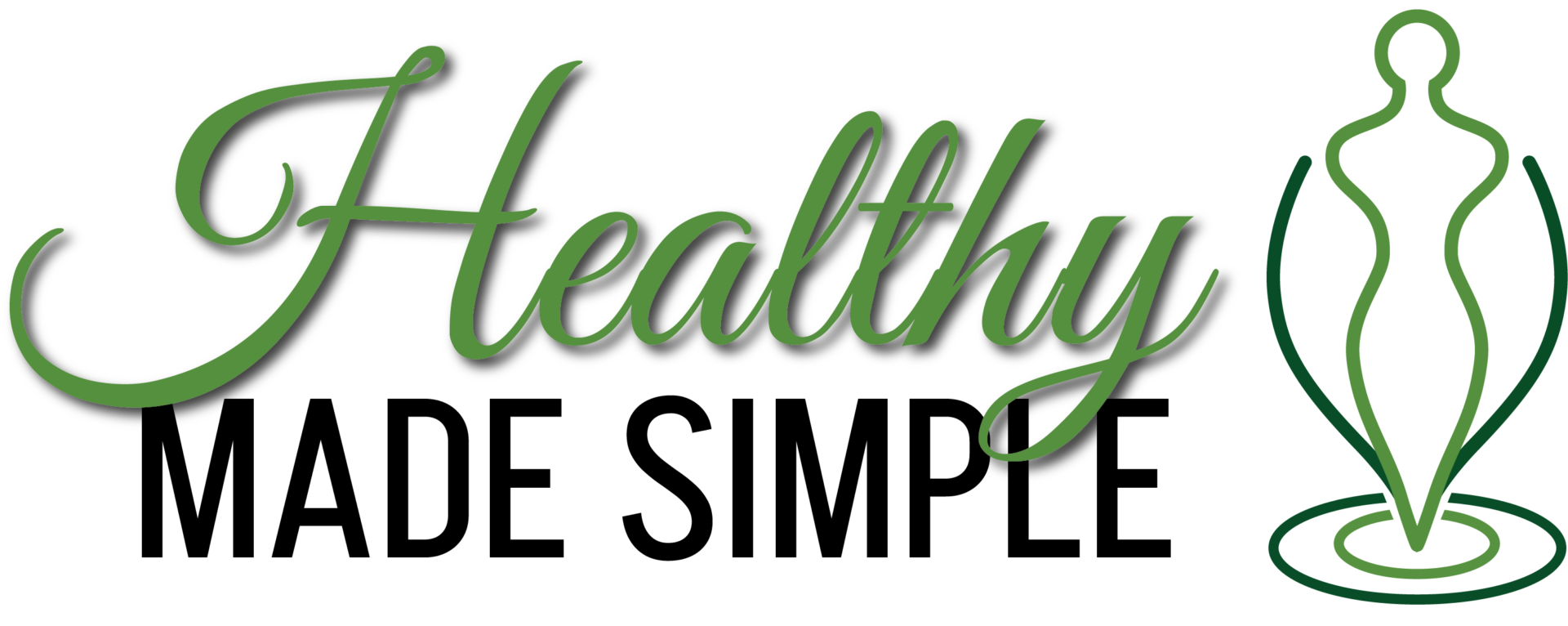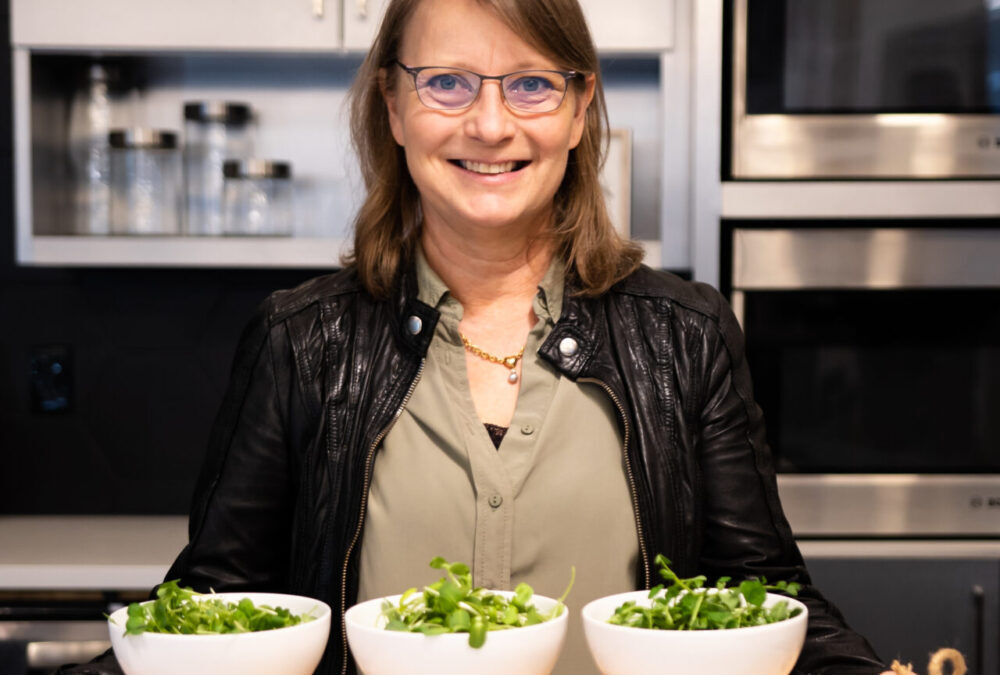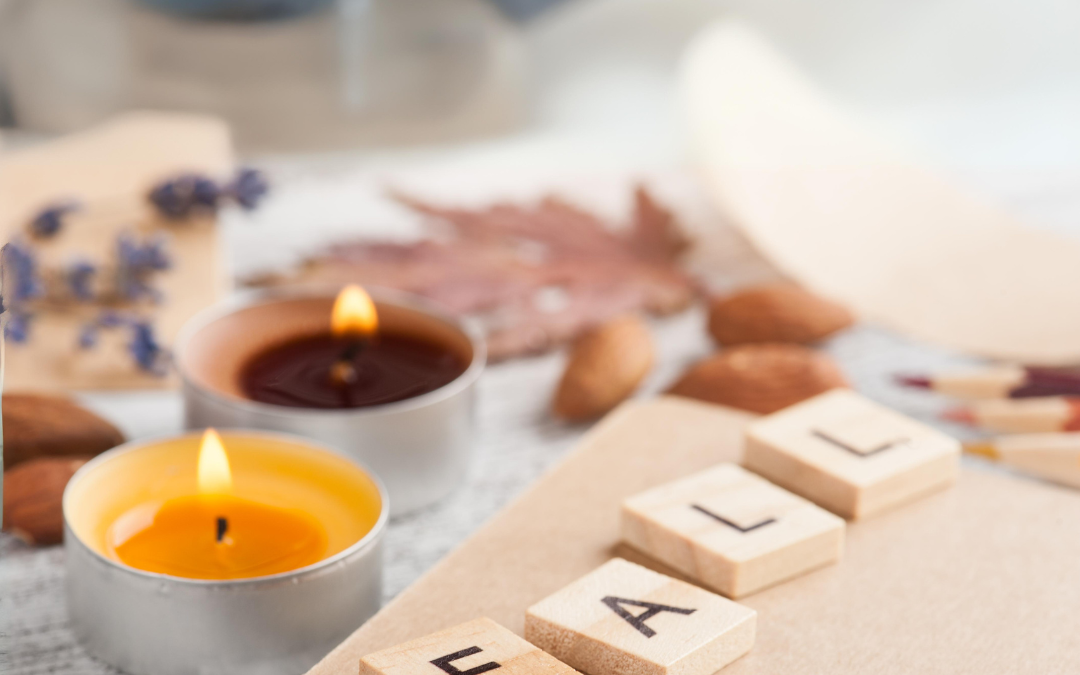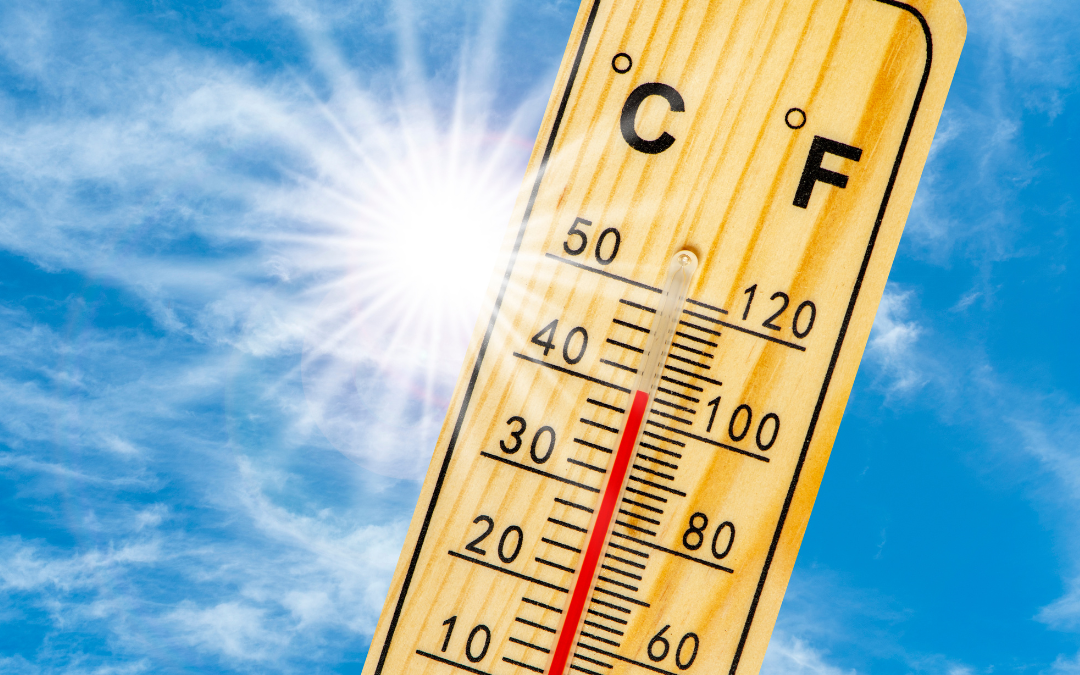In this short version of My Seven Steps to Optimal Health, you will learn just how important is for your well-being, to have balance in all seven areas.
If you look at your body on a cellular level, and really pay attention to what exactly all these cells actually need to function, you’ll learn it’s a balance of different areas.
Eating healthy and exercise only makes out about 30% of a healthy lifestyle!
To really create Optimal Health, you will, besides Food and Exercise, also need
Water, Sleep, Fresh Air, Silence and Gratitude.
All our amazing body wants is to be AT-EASE (in balance). If it is not, you are on your road to DIS-EASE (our of balance/illness).
My Healthy made Simple Lifestyle is among other things, based on My Seven Steps to Optimal Health. These Steps will help you regain balance and better quality of life. Read more here

Food
You have to remember we are all unique! and although a diet may work for your friend, it may not work for you. It’s not because you’re doing something wrong, but simply because we do not designed to “diet” and leave out important nutrients to lose weight quickly.
Instead we just have to eat clean, organic and nutrient dense food. Luckily its not as complicated as you might thing!
When you eat a clean organic diet (meaning, fresh unprocessed food), you avoid the toxins found in most processed foods.
These toxins, including artificial colors, flavors, and hidden sugars, accumulate in your body over time,
and they are very difficult for the body to excrete. Read The Healthy made Simple Lifestyle here
Eat when you are hungry
Eat something from each food group. I usually say, have at least 5 colors on your plate at every meal.
When you “Eat the Rainbow” you get all the amazing nutrients found in unprocessed food, and you’ll be healthy from inside out. A bonus is, you will find your natural weight too.
Choose meat from Grassfed animals, wild caught fish, eegs from free range chickens, fresh vegetables, nuts, seeds and natural fats like butter, coconut-, avocado- and vegetable oil.
Of course everything is as organic, locally grown and in season you can get.
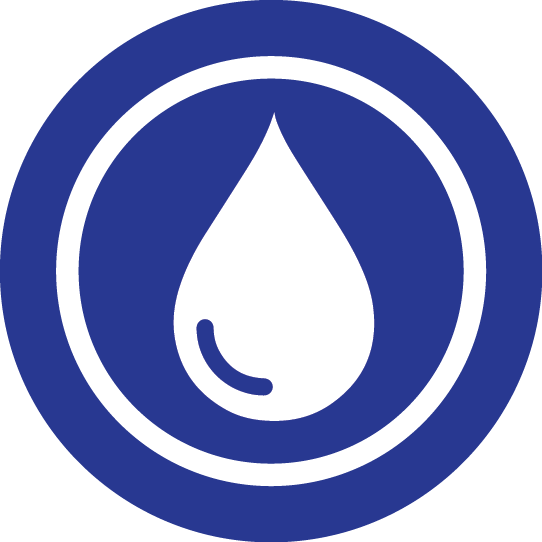
Water
Water is the most basic and most important substance on the planet, and it makes up 60-70% of our bodies.
It is in the air we breathe, and the plants we eat, and it’s so vital, that we can only go a few days without it.
The average person doesn’t drink enough water, if any water at all. Instead, they substitute other beverages for water, like coffee, sodas, energy drinks and ice teas thinking it’s the same thing.
I’m sorry to tell you – it is not!
A rule of thumb is, drink half your body weight in ounces each day. A little more when it is hot and when you exercise. You can always add herbs, berries, lime and lemon for taste, if you like.
Clean water has an energizing and cleansing effect which your organs, bones, joints, and digestive system needs, for optimal function.
When your body has enough water, your system are able to flush out toxins properly, instead of storing them in the body, where they can cause disease.
Our digestive system needs water, for waste to be excreted. With 80% of our immune system being in our digestive system, we really want this to be as healthy as possible!
Also, when your body is dehydrated, it can lead to poor digestive health such as acid reflux, diarrhea, poor nutrient absorption, and constipation.

Sleep
A good nights Sleep, has a huge impact on our overall health, both physically and mentally. It also gives you more energy and better focus. Yet, so many do not prioritize their sleep
Lack of sleep not only affects your immune system, your hormone balance and your cardio vascular system, but also your appetite and stress level!
Some of the negative circumstances for a good night’s sleep are work pressure, challenges on the home front and financial instability.
Make sure you’re getting enough sleep. Toddlers needs 11-13 hours, teenagers 8-10 hours, and adults needs in average 7-9 hours a night!
Go to bed, and get up at the same time every day, including weekends and holidays.
Sleep in a dark, cool and comfortable environment. (You might want to get some extra dark curtains).
Eliminate your use of electronic devices at least 1 hour before bedtime.
Relax and substitute the electronics with a good book, soft music or meditation.

Exercise
Exercise plays an important role in your over all mobility, and for your organ health, in part by improving your body’s circulation of oxygen.
Depending on your goals and body type, it’s a good idea to incorporate these different types of exercise into your program.
Cardio
improves your heart condition and a better blood flow throughout your body.
Strength training
provides stronger bones and more muscles.
Balance training
provides a better reaction-time and coordination.
Breathing exercise
relives stress and provides oxygen to your cells
The lymphatic system also depends on movement to excrete toxins, and have optimal function. The lymphatic fluid doesn’t circulate like your blood, but is moved forward when your muscles are activated.
This is why exercise helps the fluid stay active and flow effortless, carrying the white blood cells throughout the body, as well as melting excess fat, remove bacteria and other harmful materials get excreted out of your body.
Make it a habit to do some sort of exercise 3-5 times a week, for at least 30 minutes.

Fresh Air
Make it a priority to get Fresh air every day. Go for a walk, a run or a bike ride at least 30 minutes daily, no matter the weather.
Remember: There is no such thing as bad weather, only wrong clothing!
Fresh air every day provides oxygen to your cells and fills you up with renewed energy.
You also increase your serotonin production. Serotonin is a hormone which supports your mood and brings you happiness and well-being.
Fresh air is also known to benefit your immune system, your mood and your digestion. And it helps your concentration and brings clarity.
Grounding is another overlooked tool.
Because of our modern lifestyle, our body build up positive ions, which by time can cause a variety of diseases like fatigue, anxiety, pain, sleep disorder and cardiovascular disorders.
The earth has negative ions, which is why you can help your body back into a natural state, or balance, when grounding.
Go outside barefoot on the lawn, gravel or bare earth each morning, and either walk around or sit still, and just become one with nature.
Start with 5 minutes and work your way up to 30 minutes a day.
Here is a great article with simple grounding techniques

Silence
Silence is another important part of your well-being. Take a break when it fits into your daily routine.
Whether you like to meditate, listen to quiet music, is entirely up to you – as long as you find the kind of silence that work best for you.
Experiencing Silence through meditation, you’ll boost your self-esteem, motivation and joy. It gives you mental strength, and brings you in contact with your inner self, and back to the present.
Make sure to have at least 2 x 15 minutes of silence every day. If you are just starting, do 2 x 5 minutes a day, and work your way up to the 2 x 15.
Prepare your brain and body for silence by doing 5 deep breaths before you start.
Silence helps us reflect on what has happened, recharge our batteries, and to relax, by freeing our minds from the constant stream of noise and stimuli that surrounds us at all times.
The physiological benefits of silence includes, lower blood pressure, a boosted immune system and reduced stress.
Leave your cell phone, computer and other electronic devices alone during all meals, and be present with people around you. You’ll be amazed at the benefits it will bring you and your loved ones.
Silence also helps you to be creative, realize your dreams, as well as discover who you are and how you feel!

Gratitude
Gratitude is without a doubt one of the most overlooked tools we have access to every day.
It doesn’t cost anything, doesn’t take much time, yet the benefits are enormous!
In todays world, it is so easy to be caught up in a negative thought process, where fear, frustration and condemnation often takes over. This state of mind can lead to depression and melancholy, which is certainly not good for your health.
When practicing gratitude however, you will experience a positive impact on your health, both physically and mentally. It also gives you more empathy for others, increases your self-esteem and helps you value other people’s achievements. It will also help you reduce stress, anxiety as well as support a good nights sleep.
Make it a habit and write at least 5 things you are grateful for every single night before going to bed.
It will make a big difference in your path to optimal health and balance.
Have an “attitude of gratitude”
to create a positive balance in your mind and your life.
